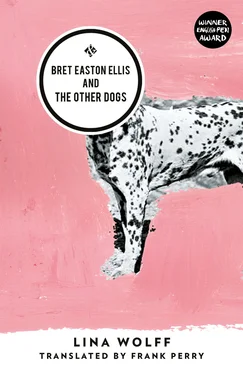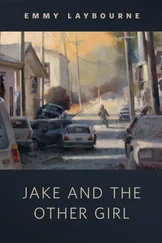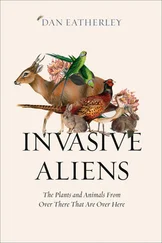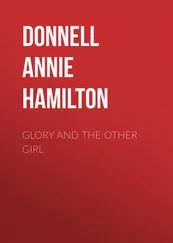The grave itself was of the simplest kind. A gap in a wall that contained coffins separated by a few decimetres in a kind of apartment block for the dead. Madame Moreau kept on sharing macabre bits of information and told us that there was a drainage system behind the wall, a Venice of death fluids that Cambó would soon be flowing into.
The words chiselled into the front of the grave were: Alba Cambó Altamira, 1968–2010.
The idea that Valentino Coraggioso really would stay on to deal with Cambó’s effects was not one any of us believed. The last few months the two of them had lived in a kind of hell, with Valentino, who was an actor, after all, and accustomed to spending his days under a parasol on a cliff top in Liguria, foundering under a host of practical demands. Madame Moreau judged him harshly and stopped responding when he spoke to her even while Alba was still alive, which must have been painful for Cambó, bedridden, ashen-faced and locked inside an entirely hopeless struggle with pain. During the last days of Alba’s life, Moreau slept on a mattress on the floor beside Alba’s bed while Valentino slept on the sofa in the sitting room. Moreau also dealt with all the practical arrangements during those last few weeks and, if she delegated anything, it was to us in the flat above, never to Valentino, who ended up sitting listlessly on the terrace, drinking Italian beer and dressed in a pair of silky shorts with stripes that read Milan on one side.
The very first night after the wake Valentino moved into a hotel. Mum, Moreau and Blosom cleaned the flat and put everything they found of Valentino’s in a cardboard box they left out on the street. One morning they said the cur had been to fetch his things. He must have crept over that night with his tail between his legs, because the box was gone by morning. Blosom rang to find out if he had really been the one to take the box. He replied that it had been him. Blosom hung up without saying anything because she couldn’t think of anything to say to a man like him, a man who had lived in Cambó’s home, eaten her food and slept in her bed, shared her life and now was backing away without exhibiting even a shred of grief or any desire to honour her memory.
That last bit wasn’t quite true. The same night Valentino came to fetch the box, I went down to see him on the street. He threw a stone at the windowpane in the sitting room where I sleep. I saw him standing there and once I had shoved on a dressing gown I went down. He was wearing the same clothes he’d had on for the funeral and his hair was greasy and stuck to his scalp.
‘I’m going to go home to Liguria now,’ he said. ‘I have to start living again.’
‘I understand,’ I said.
‘First it was Alba’s illness that was killing me and now it feels like the women around her are kicking my corpse. You can’t win against someone like Moreau, I knew that the first time I met her, and Blosom could wipe any man out with that toughness of hers and a bottle of ammonia.’
He looked up at our terrace.
‘Only Alba deserves an obituary I can’t give her. And I need your help for that. I want you to write something about her.’
He took out his wallet and skimmed through the banknotes as though he was considering how much this particular service could be worth. He pressed some notes into my hand. I stared at him.
‘I didn’t know her,’ I said. ‘I can’t write about her.’
‘I didn’t know her either,’ he replied. ‘Even though we lived together for almost two years, I really don’t have any idea who she was.’
We stood there on the street and it looked so empty. Alba’s terrace was abandoned, and the bougainvillea hanging over the wall had dried out a bit. The cellophane is rustling at the cemetery in Sitges, was what I thought in that moment. Valentino shook my hand, adjusted the stained white collar of his shirt, picked up his box and started walking down the street. His back was straight and for a moment just before he turned the corner, I thought I could hear him whistling.
Lina Wolffhas lived and worked in Italy and Spain. During her years in Valencia and Madrid, she began to write her short story collection Många människor dör som du (‘Many People Die Like You’; Albert Bonniers Förlag, 2009). Bret Easton Ellis and the Other Dogs , her first novel, was awarded the prestigious Vi Magazine Literature Prize and shortlisted for the 2013 Swedish Radio Award for Best Novel of the Year. Her second novel, De polyglotta älskarna (The Polyglot Lovers), is forthcoming from Albert Bonniers Förlag in 2016.
Frank Perryhas translated the work of many of Sweden’s leading writers. His work has won the Swedish Academy Prize for the introduction of Swedish literature abroad and the Prize of the Writers Guild of Sweden for drama translation.












